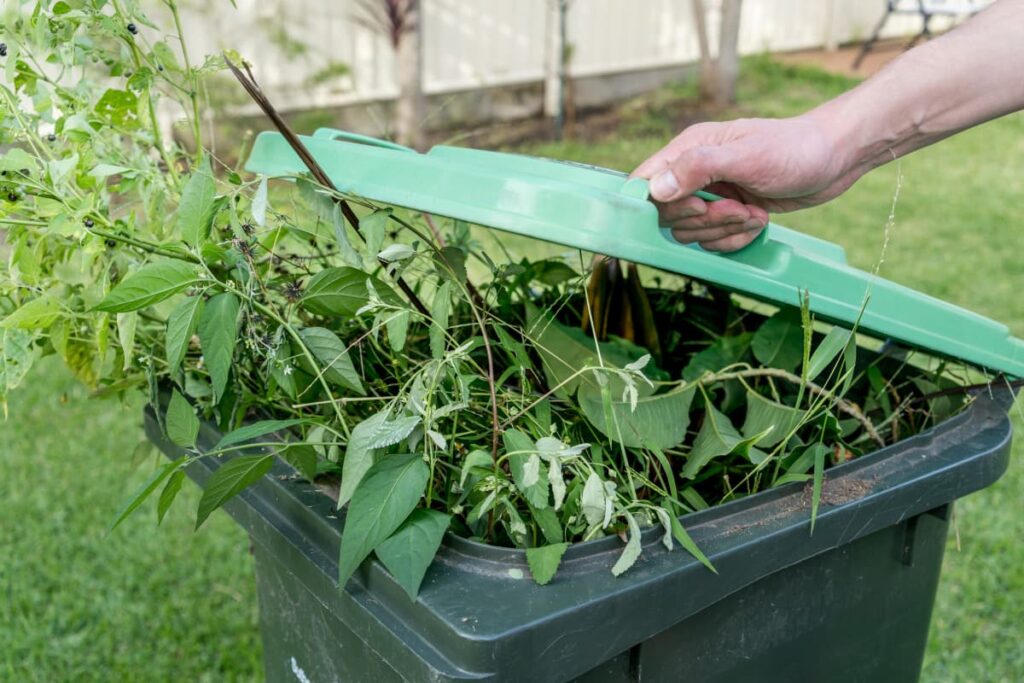Waste management is a growing concern for individuals, especially when it comes to major renovations or regular garden maintenance. This is also the case after moving, where it’s common to find yourself with a multitude of objects and materials that you don’t know what to do with. Taking this waste to a recycling center is often necessary, but this requires following certain specific rules.

Access to waste disposal sites: conditions and regulations
You probably already know this, but recycling centers are necessary for disposing of waste that can’t be collected through regular channels, especially after a move. Indeed, this time of transition often brings with it many objects, furniture, and materials that are no longer needed. For individuals carrying out major renovations or those needing to dispose of bulky waste from their move, access to these facilities requires certain supporting documents.
For transportation, the best option remains trailer rental, making it easier to transport large quantities of waste. This not only allows for the efficient movement of bulky items, but also optimizes the number of trips to the recycling center.
Municipalities generally require proof of recent residence, such as a rental agreement or utility bill, as well as a specific badge or access card. These measures aim to regulate the use of recycling centers and ensure that only residents, particularly those who have recently moved to the municipality, have access to the services offered.
Types of waste accepted
Recycling centers accept a wide range of household and similar waste. However, there are some exceptions. For example, waste containing asbestos requires special treatment and generally cannot be disposed of at a traditional recycling center.
Good to know: to avoid any problems during your visit, it is recommended that you contact the recycling center beforehand to find out the types of waste accepted and the unloading procedures.
| Types of waste accepted | Exceptions and waste not accepted |
| Common household waste | Waste containing asbestos (specific treatment required) |
| Green waste (branches, leaves) | Hazardous waste (chemicals, batteries) |
| Household waste (refrigerators, televisions) | Waste from certain specialized collections (e.g. medical waste) |
| Furniture (sofas, tables) | Significant construction waste (concrete, rubble) |
| Cardboard and paper | Tires (often subject to specific collections) |
| Metals (scrap) | Products resulting from specific treatments (e.g. used oils) |
Green waste: management and practical solutions
Green waste includes all plant residues from outdoor maintenance. Examples include grass clippings, weeds, branches from pruning, and other similar types of residue. While this waste can sometimes be composted or reused, its volume can become problematic after major pruning or cleaning operations.
Local authorities then offer specific solutions for their disposal, often free of charge. Various cities periodically organize green waste collections to facilitate their management. This service allows residents to easily dispose of their garden waste without having to transport it to the recycling center themselves. These collections are often synchronized with periods of intense gardening activity such as spring and fall.
Some good practices for efficient waste management
Proper preparation before heading to the recycling center facilitates smooth and rapid waste management. Separating different types of waste and classifying them according to their nature can not only simplify the drop-off process, but also speed up the response time of on-site teams. In addition to sorting recyclable materials (plastics, metals, cardboard), consider separating hazardous or specific waste that requires special treatment. This will avoid unnecessary back-and-forths and contribute to greater collective efficiency of waste management infrastructure.
